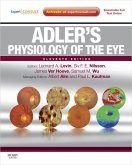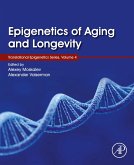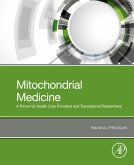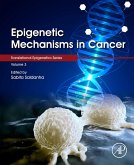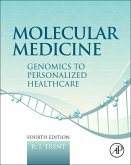Albinism in Africa: Historical, Geographic, Medical, Genetic, and Psychosocial Aspects provides the first in-depth reference for understanding and treating patients of human albinism in Africa. Leading international contributors examine the historical, geographic, psychosocial, genetic and molecular considerations of importance in effectively and sensitively managing this genetic disorder. Foundational chapters covering the historical and psychosocial aspects of albinism are supplemented by discussions of the pathobiology of the disease, as well as a thorough analysis of the genetics of skin pigmentation, eye pigmentation, hair pigmentation, and incidents of skin cancer involved in the manifestations of this disorder.
New prenatal diagnostics and genetic testing methods, genetic risk assessment for individuals, families, and communities, and novel genetic markers that may be used for developing new therapeutics for treating albinism are also discussed in detail. The book provides care management approaches that may be applied to instances of albinism in other regions, along with guiding principles for treating rare genetic disorders and stigmatized patient populations across the globe.
New prenatal diagnostics and genetic testing methods, genetic risk assessment for individuals, families, and communities, and novel genetic markers that may be used for developing new therapeutics for treating albinism are also discussed in detail. The book provides care management approaches that may be applied to instances of albinism in other regions, along with guiding principles for treating rare genetic disorders and stigmatized patient populations across the globe.
- Includes contributions from leading international contributors who examine the historical, geographic, psychosocial, genetic and molecular aspects of importance in sensitively managing albinism in Africa
- Discusses recent advances in our understanding of the pathobiology of albinism, while also offering a thorough analysis of the genetics of skin pigmentation, eye pigmentation, hair pigmentation, and rates of skin cancer
- Highlights new prenatal diagnostics and genetic testing methods and approaches to genetic risk assessment for individuals, families and communities
Dieser Download kann aus rechtlichen Gründen nur mit Rechnungsadresse in A, B, BG, CY, CZ, D, DK, EW, E, FIN, F, GR, HR, H, IRL, I, LT, L, LR, M, NL, PL, P, R, S, SLO, SK ausgeliefert werden.



